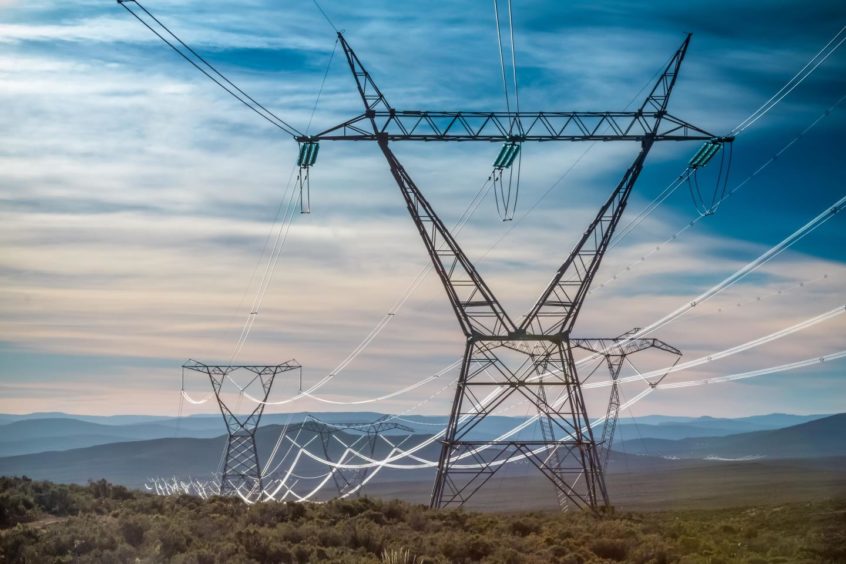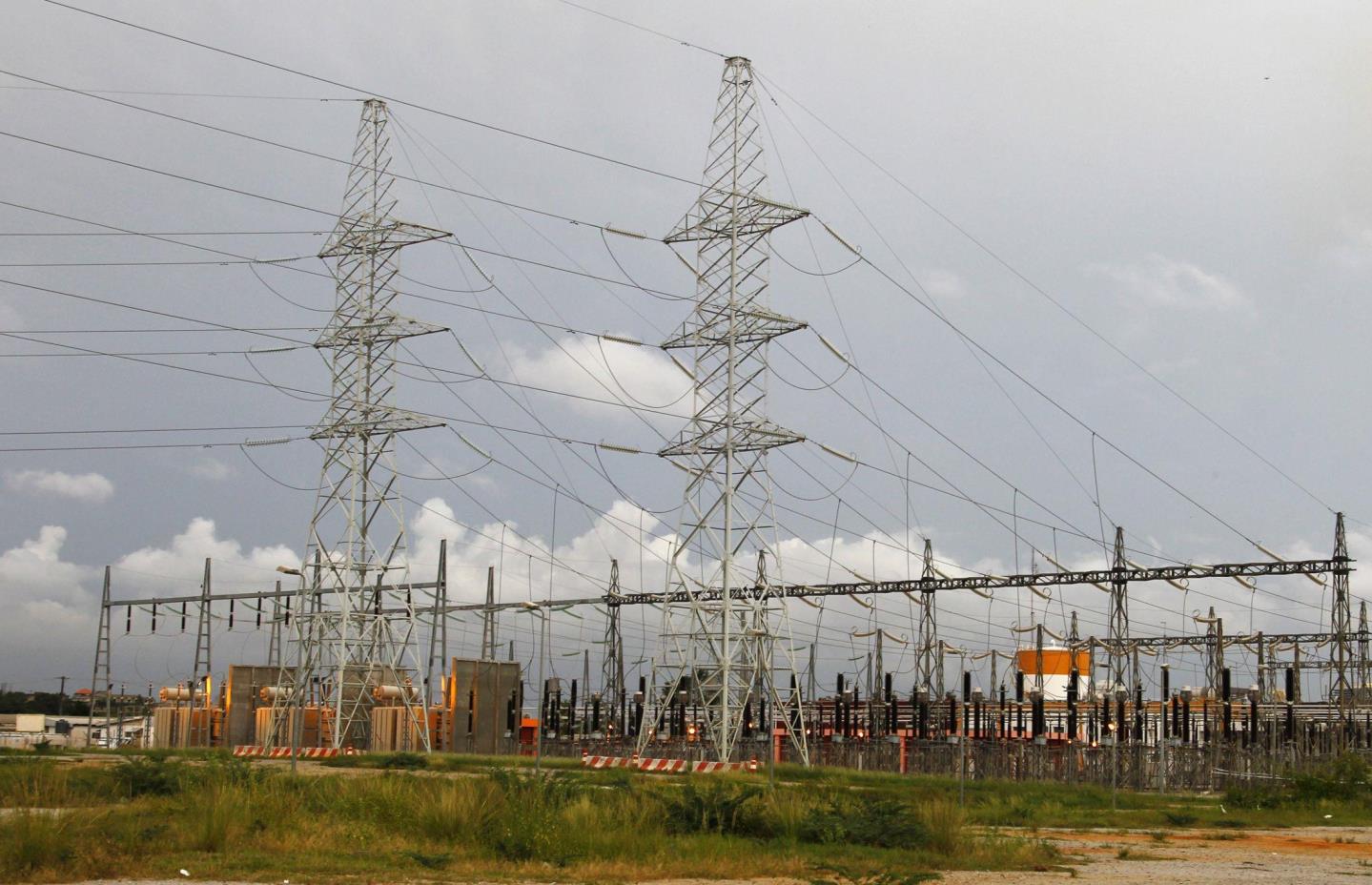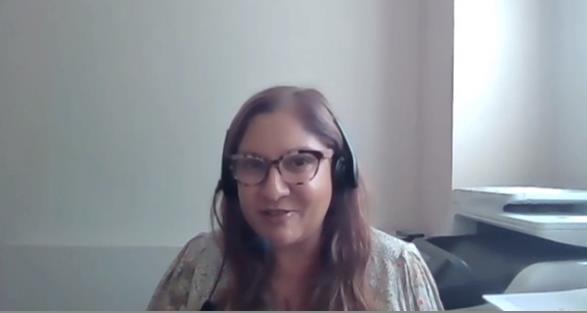
We have a decade to decarbonise the global economy and limit temperature rises to 1.5 degrees Celsius – the target set by the Paris Agreement in 2015.
Yet the UK Government argues that investing in oil and gas is still valid.
Witness the UK North Sea Transition Deal announced in March and the battle of minds going on over the planned Cambo field development west of Shetland.
Some oil and gas-related activity is legitimate when it comes to support. Some isn’t.
The Official Development Assistance (ODA), under the UK’s Foreign, Commonwealth & Development Office (FCDO) international programme, continues its affair with carbon-related investment, albeit in a different way.
The FCDO’s investment vehicle for private sector development is CDC Group, formerly the Colonial Development Corporation.
ODA money is required to be spent on poverty reduction. Yet fossil fuel investments have often been made on the basis of what makes a good return for investors, according to the Catholic Agency for Overseas Development (CAFOD), the official aid agency for the Catholic Church in England and Wales.
CAFOD research revealed that CDC had directly invested hundreds of millions of pounds of aid money in fossil fuel projects in the past decade and it appears that funding continues to be channelled in the direction of gas, notably for power generation.
At least two years ago, CAFOD, with assistance from the NGO Global Justice Now, started working on the report that was published in September last year, just weeks after CDC told the world that it was recalibrating.
It pledged to decarbonise its portfolio to achieve net-zero emissions by 2050.
It is thought that timing of CDC’s July 2020 pledge was designed to wind CAFOD, which went ahead and published its research anyway and stands by it.
CAFOD did say that information gaps, particularly related to its investments via managed funds and financial institutions, were a barrier to transparency.
As far as it is concerned, CDC’s current energy portfolio is at odds with the UK Government’s pledge to align public finance with climate-resilient development and support a just, green recovery from Covid-19 globally.
Half of CDC’s energy portfolio was composed of fossil fuels.
CAFOD claimed that more than 90% of CDC’s direct fossil fuel investments would have been permitted under its new climate change strategy.
Furthermore, exclusions introduced would not be applied to fossil fuel investments made prior to the launch of the strategy.
Total energy investments by CDC were as follows
• The asset value of its total energy portfolio was estimated at £1.24 billion, with fossil fuels accounting for £632 million, or 51%, and renewables £610m, or 49%.
• Fossil fuels accounted for 85% of the total electricity generated and distributed through CDC investments in 2019.
• Between 2014 and 2019, CDC committed £1.28bn directly to energy-related companies and projects, of which £833m had been invested as of 2019. Of these commitments, more than 40%, or £563m was for fossil fuels, and fossil fuels represented over half (£448m) of investments made.
It is hard to get at the true numbers and CDC remains sparing with hard facts, despite overhauling its disclosures procedure.
It’s not just CAFOD that’s levelling criticism at the government and CDC, so too in its own right is Global Justice Now, which specialises in campaigning for climate justice.
Though it welcomed the UK Government’s pledge in March to stop support for the fossil fuel energy sector overseas, Global Justice Now claimed the “significant exemptions could lead to CDC becoming a “rogue institution”.
It warned that the announcement by the Johnson Administration was a “missed opportunity” for more serious progress reducing emissions.
Global Justice Now continues to warn that CDC’s activities risk undermining the UK’s claims of climate authority ahead of hosting COP26 this year.
Daniel Willis, climate campaigner at Global Justice Now, told Energy Voice: “CDC is an example of this government’s complete climate hypocrisy.
“Not only are the new gas projects they are building completely incompatible with the government’s own net-zero targets, but many are being built in climate-vulnerable countries which are already facing extreme impacts of climate change, such as across Africa, for example.
“It’s high time CDC implemented a full moratorium on this support, and divested from its vast portfolio of existing commitments, so that UK aid money stops propping up the fossil fuel industry once and for all.”
On July 20, representatives of CAFOD and CDC were called to give evidence at the government’s International Development Parliamentary Select Committee.
In the CDC camp was Dr Amal-Lee Amin, director of climate change, who did most of the speaking, while Dario Kenner, lead analyst on sustainable economic development, spoke for CAFOD.
Responding to Tory MP for Stafford Theo Clarke’s question about the value of COP26 for resetting the overseas energy development clock, Amin and Kenner agreed it was a great opportunity.
However, hitting out at CDC, Kenner said the summit represented a great chance for the UK Government to tell CDC what was expected of it.
“Ahead of COP26, the Foreign Secretary could instruct CDC to stop all new fossil fuel investments and also to divest from its existing investments. It would show that the UK is serious about using its ODA in ways that support low carbon transition,” said Kenner.
Amin said: “COP26 represents an incredibly important opportunity for pivoting the world away from unsustainable practices.
“Our new climate strategy, which includes our new fossil fuel policy, but also our approach towards Paris Accord alignment, aims to do exactly that.
“We are investing in as much renewables as we possibly can. We believe we’re leading the way.
“We have set ourselves the target of becoming net zero by 2050. That’s at portfolio level, but we’re looking at each project individually to assess the extent to which they are aligned with that pathway to net zero, looking at ways of fostering a just transition approach, including equipping people in countries receiving project assistance to enable them to become part of that transition.”
Chris Law, SNP MP for Dundee West, warned: “Time is against all of us. The government has a fairly large list of exemptions for continued fossil fuel support. It’s approach is both half-hearted and half-baked.
Law asked: “Are these exemptions not loopholes and, if so, does the UK Government’s position on fossil fuels reduce its credibility as host of COP26 as far as low-income countries are concerned?”
Kenner agreed: “Yes, there are loopholes in UK policy and in CDC policy and this does reduce credibility in COP terms.
“Getting back to the existing investments, if you look closely at one of CDC’s biggest investments, a company called Globeleq, of which it is the majority shareholder, we still don’t know the level of interaction between CDC and Globeleq.
“Globeleq has around 70% of its portfolio invested in fossil fuels.”
Amin defended CDC’s position, claiming she didn’t believe there were loopholes in the Government’s fossil fuel policy.
She said there were certainly no loopholes in how CDC is interpreting things, particularly through its use of “gas guidance note, where gas power is really the only fossil fuel exemption”.
“This reduces the use of kerosene and cuts the amount of fuel wood gathered, in turn helping to reduce deforestation in many countries,” she said.
“Globeleq is also employing the gas guidance note and they’re investing more in renewables as a part of their climate agenda moving forward.”
When asked by the chair, Sarah Champion, Labour MP for Rotherham, how they rated the UK’s new fossil fuels policy, Kenner replied that ODA was very precious and had become even more-so since the government’s controversial aid cuts, just made.
“(The money) really needs to be going to where it is needed and that is in low carbon transition and it needs particularly to be going towards low income countries,” said Kenner.
“That is why we feel it is important that ODA should not be anywhere near fossil fuels.
“We see from CDC’s website that they have active investments in coal in India which are from their legacy portfolio.
“It would be good to see divestment, particularly with GMR Energy, which runs huge coal-fired, power plants. Therefore it really matters that we’re talking about past use of ODA versus future use.”
Champion asked: “Thinking about future fossil fuel policy, does it support a shift towards a greener and more sustainable model of development?”
Amin: “CDC’s fossil fuel policy is fully aligned with the government’s. That means we basically take a presumption against all fossil fuels, with some very limited exceptions.
“We have very sophisticated analytical tools to determine whether, for example, a gas development can be Paris Agreement-aligned or not. This really is for the lowest income countries where there really is going to be no alternative to help build up their energy sector in a way that will actually enable them to bring in more renewables and actually transition to net zero over time.
Kenner replied saying: “We found in our research published last September and subsequently that there are quite a few exemptions in CDC’s fossil fuel policy, as well as the UK Government’s policy.
“There are hundreds of millions of pounds of taxpayer’s money still in oil and gas and coal and that needs to come out.”
Recommended for you

 © Legnan Koula/EPA/Shutterstock
© Legnan Koula/EPA/Shutterstock © Mhairi Edwards
© Mhairi Edwards © Supplied by Screenshot
© Supplied by Screenshot